Situation on Migrant Workers and Border Crossing During the Covid-19 Pandemic Sirada Khemanitthathai Migrant workers’ living conditions in accommodations and at work were major reasons why they became one of the main clusters of COVID-19 pandemic in Thailand. Although state policies and measures ensure that non-Thai nationals have access to public health services, the worsening outbreak across the country depleted public health resources and that led to discrimination based on nationality. The spread of COVID-19 in Thailand exacerbated the vulnerability of migrant workers economically and socially. As for the social impacts, migrant workers were often stigmatised, stereotyped and utilised to reproduce discourses of otherness. Migrant workers have also been the main target group for controlling the spread of COVID-19 with highly restricted mobility and more intensive than other groups of population in Thailand. Thai government used existing ad hoc mechanism that is Cabinet Resolution to manage and regularise migrant workers during the pandemic. Due to high labour demands among private sectors, the government also considers restarting the labour import schemes through bilateral MoUs. Regarding the border crossing, there have been several forms include crossing the border to find jobs in Thailand, using Thailand as a transit, returning to their home countries, Thai people smuggling back to Thailand, and Thai people smuggling to work in neighbouring countries.
สามารถติดตามชมย้อนหลังได้ที่ https://fb.watch/buzqnUmBL1/
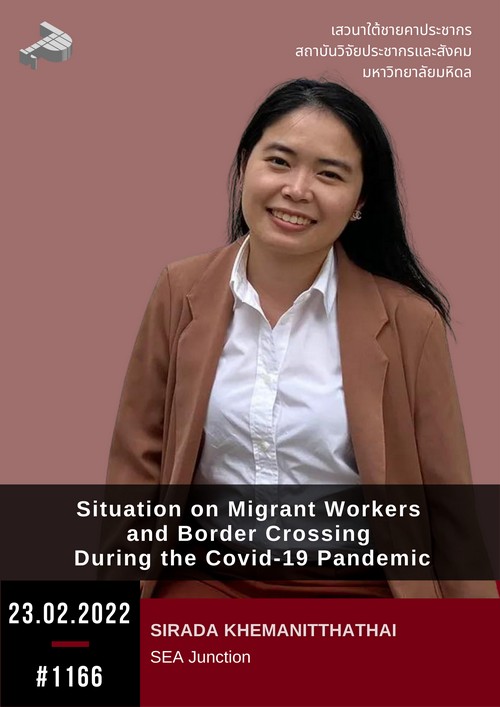

พรสุรีย์ จิวานานนท์

นงนุช จินดารัตนาภรณ์
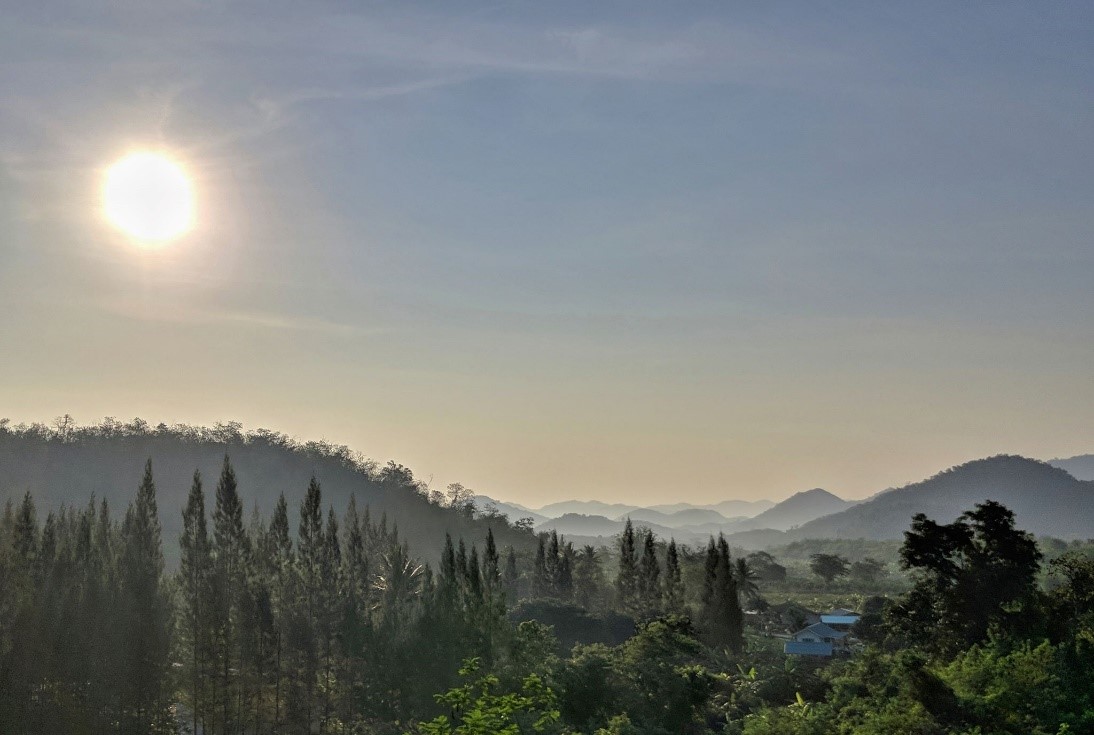
ชณุมา สัตยดิษฐ์
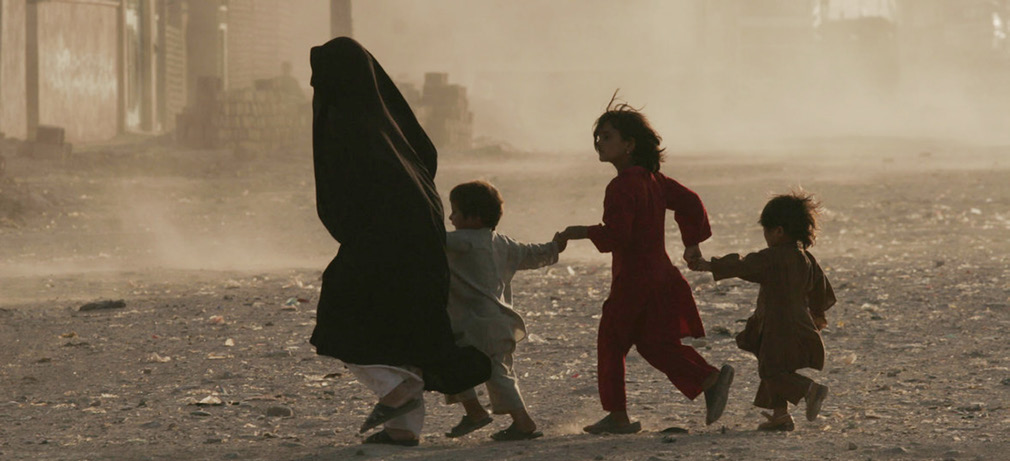
อมรา สุนทรธาดา
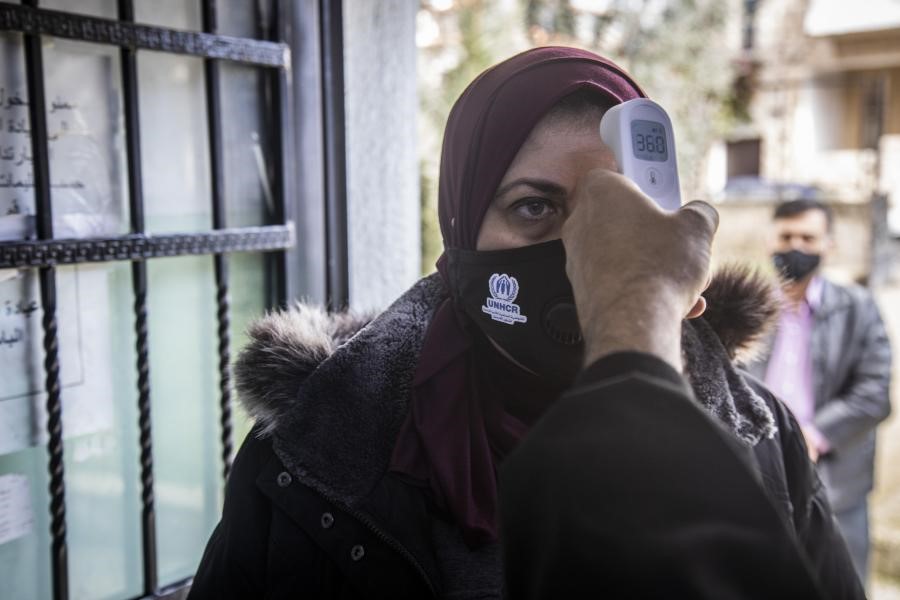
ศิรดา เขมานิฏฐาไท
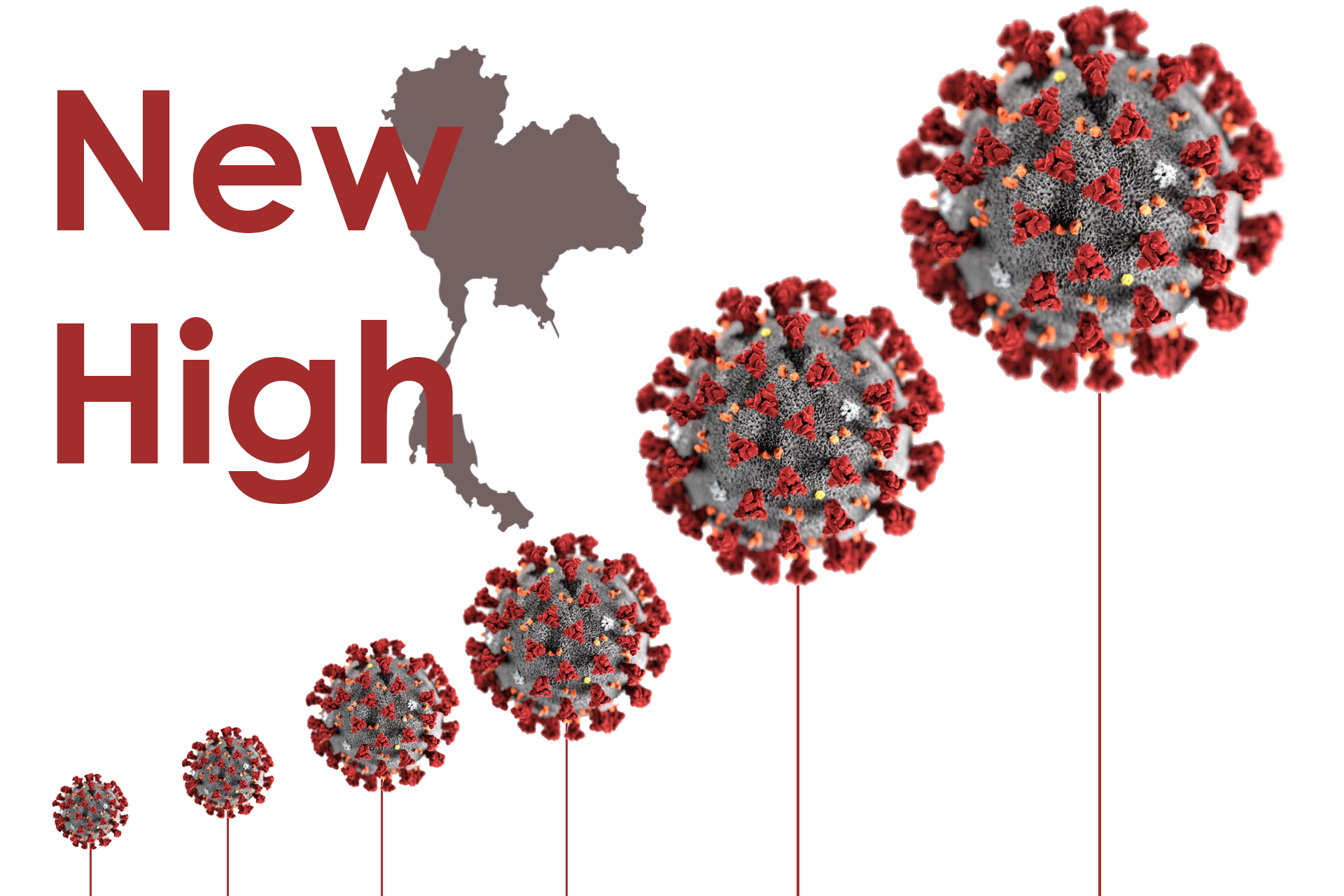
กาญจนา เทียนลาย

บุรเทพ โชคธนานุกูล

มนสิการ กาญจนะจิตรา

ปิยวัฒน์ เกตุวงศา

วรชัย ทองไทย

สุภรต์ จรัสสิทธิ์

ปราโมทย์ ประสาทกุล

ดนุสรณ์ โพธารินทร์
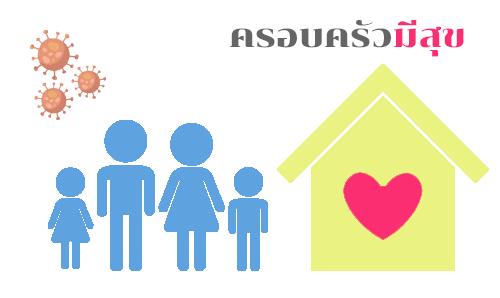
กัญญาพัชร สุทธิเกษม

มนสิการ กาญจนะจิตรา
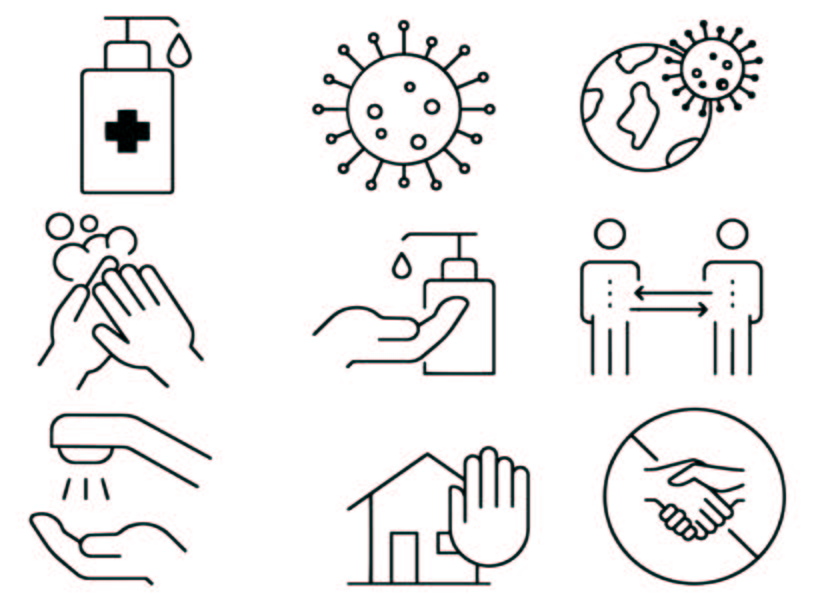
ปราโมทย์ ประสาทกุล

ปราโมทย์ ประสาทกุล
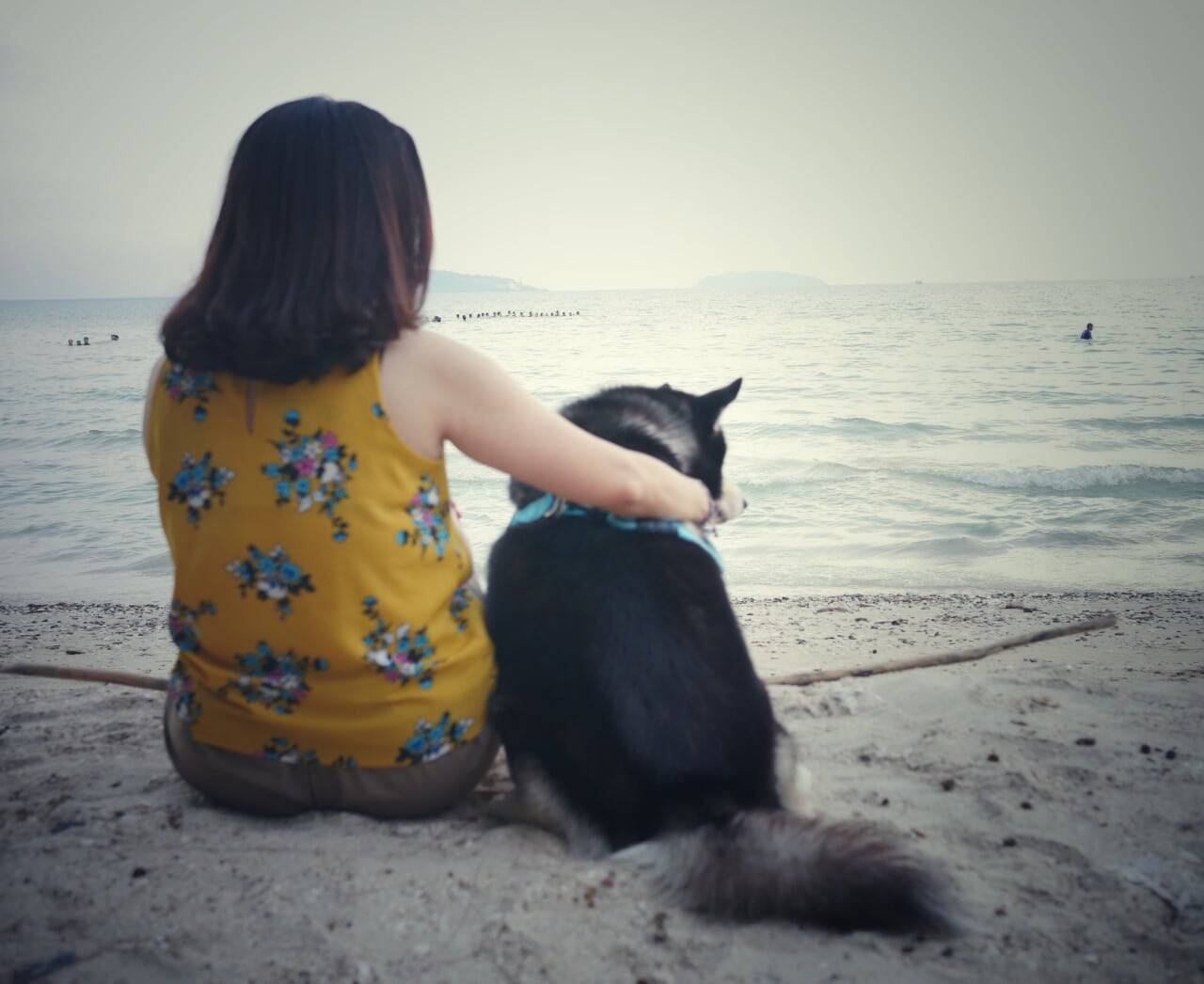
ศุทธิดา ชวนวัน

จงจิตต์ ฤทธิรงค์,พรสุรีย์ จิวนานนท์
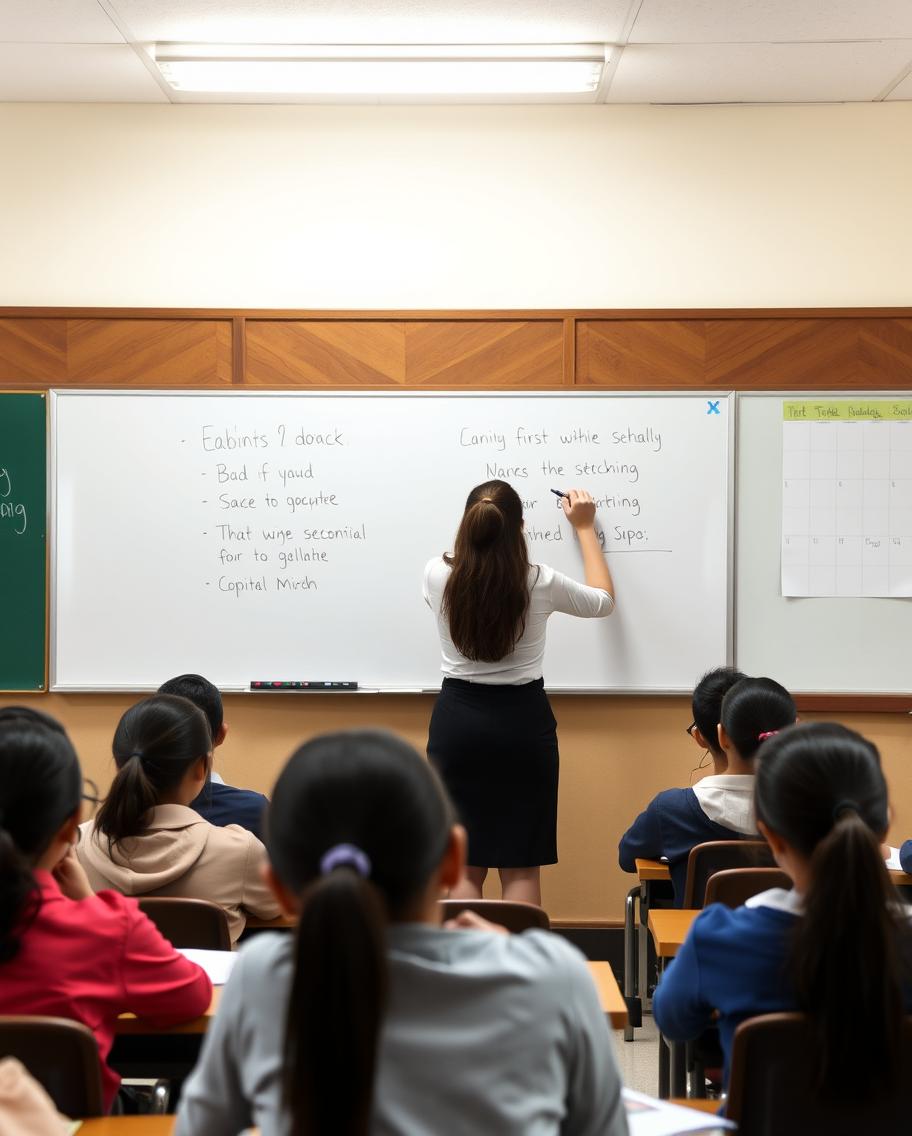
ภัสสร มิ่งไธสง
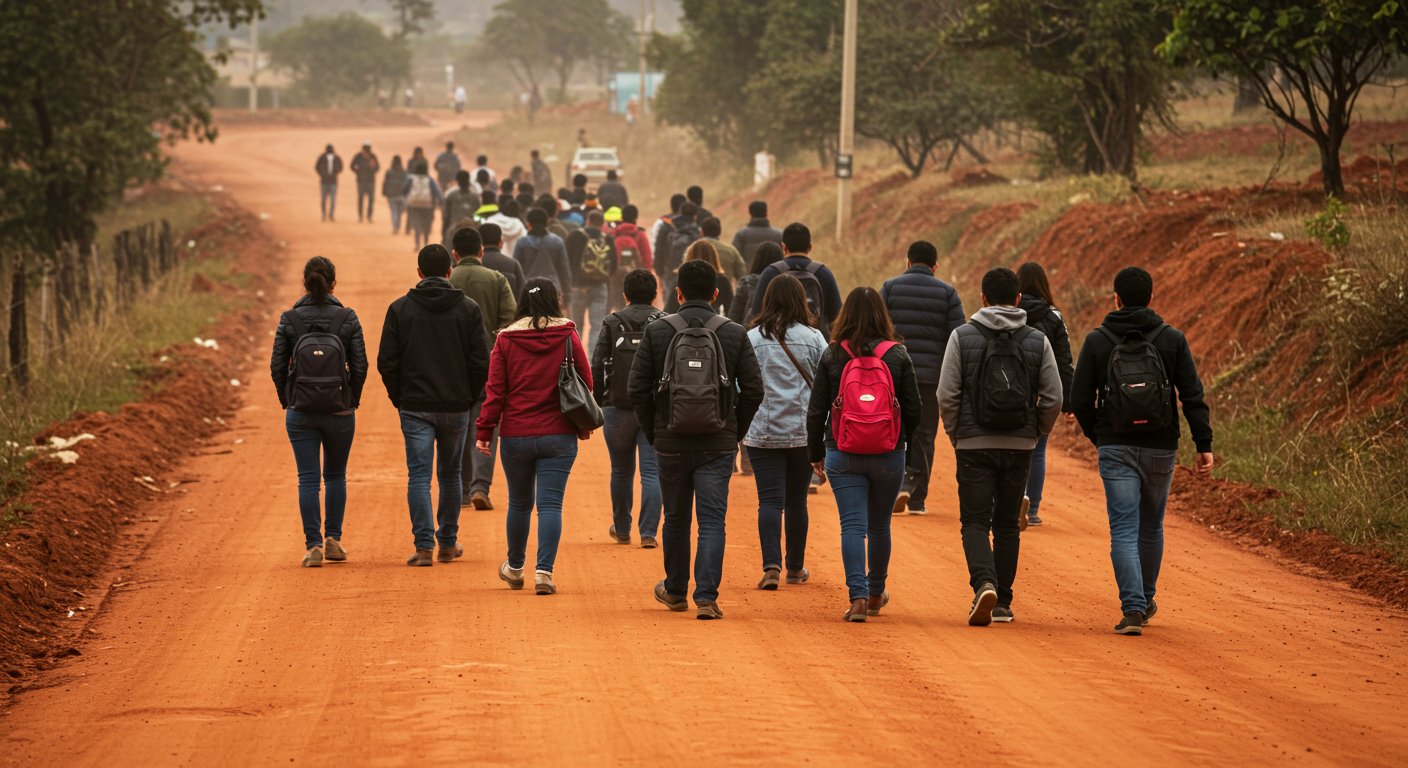
กัญญาพัชร สุทธิเกษม,กาญจนา เทียนลาย
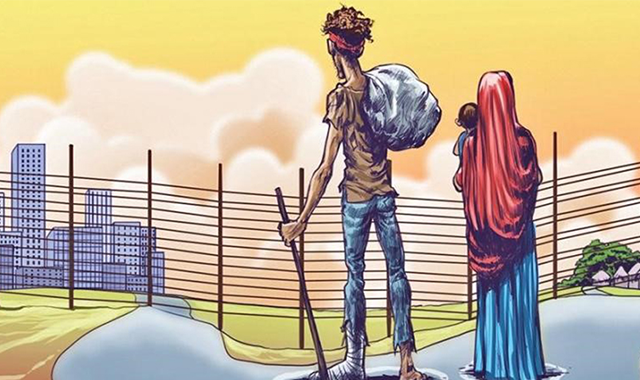
สักกรินทร์ นิยมศิลป์
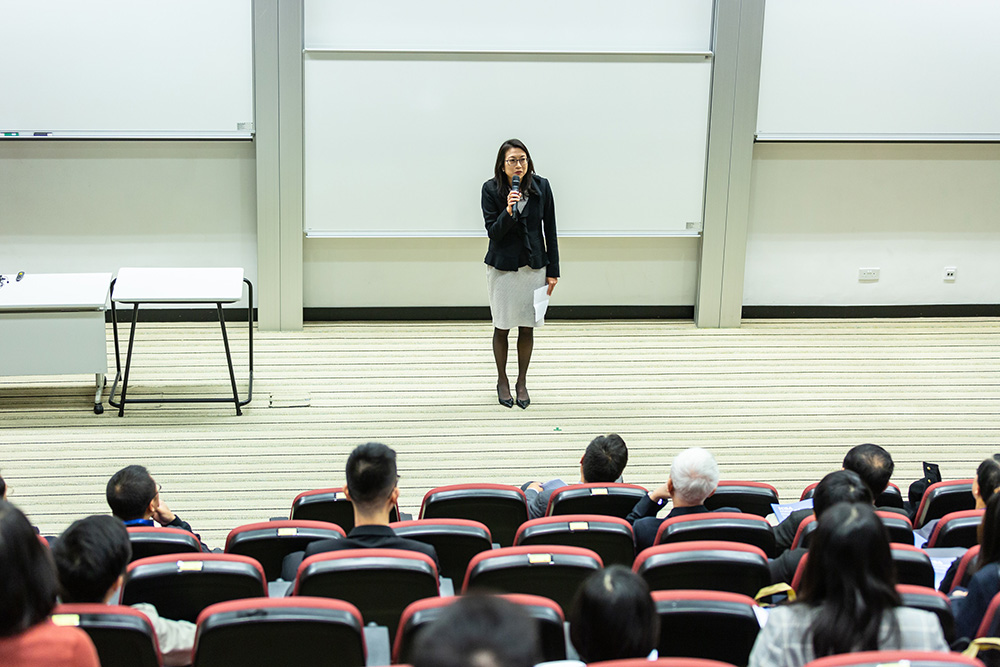
ภัสสร มิ่งไธสง

ปราโมทย์ ประสาทกุล
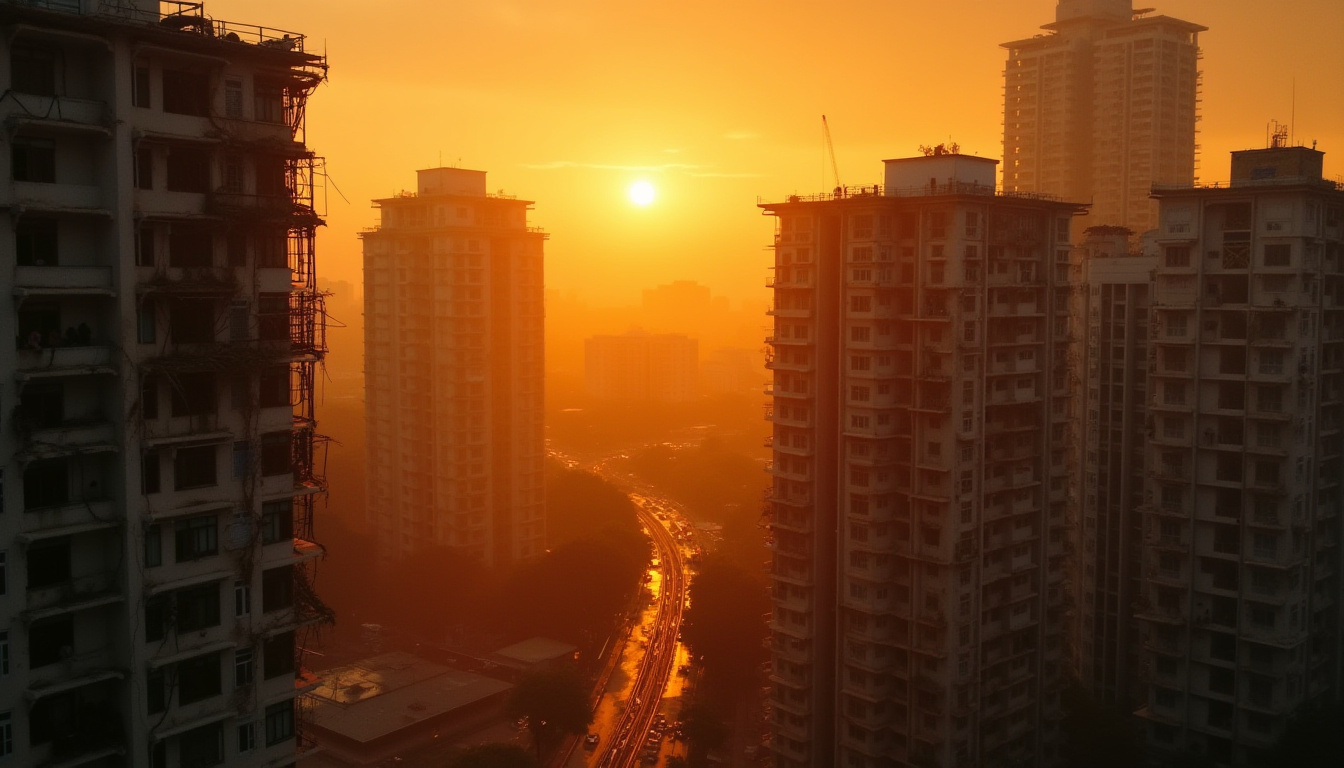
พิชฌ์นิพัทธ์ วิชัยโน

กุลภา วจนสาระ
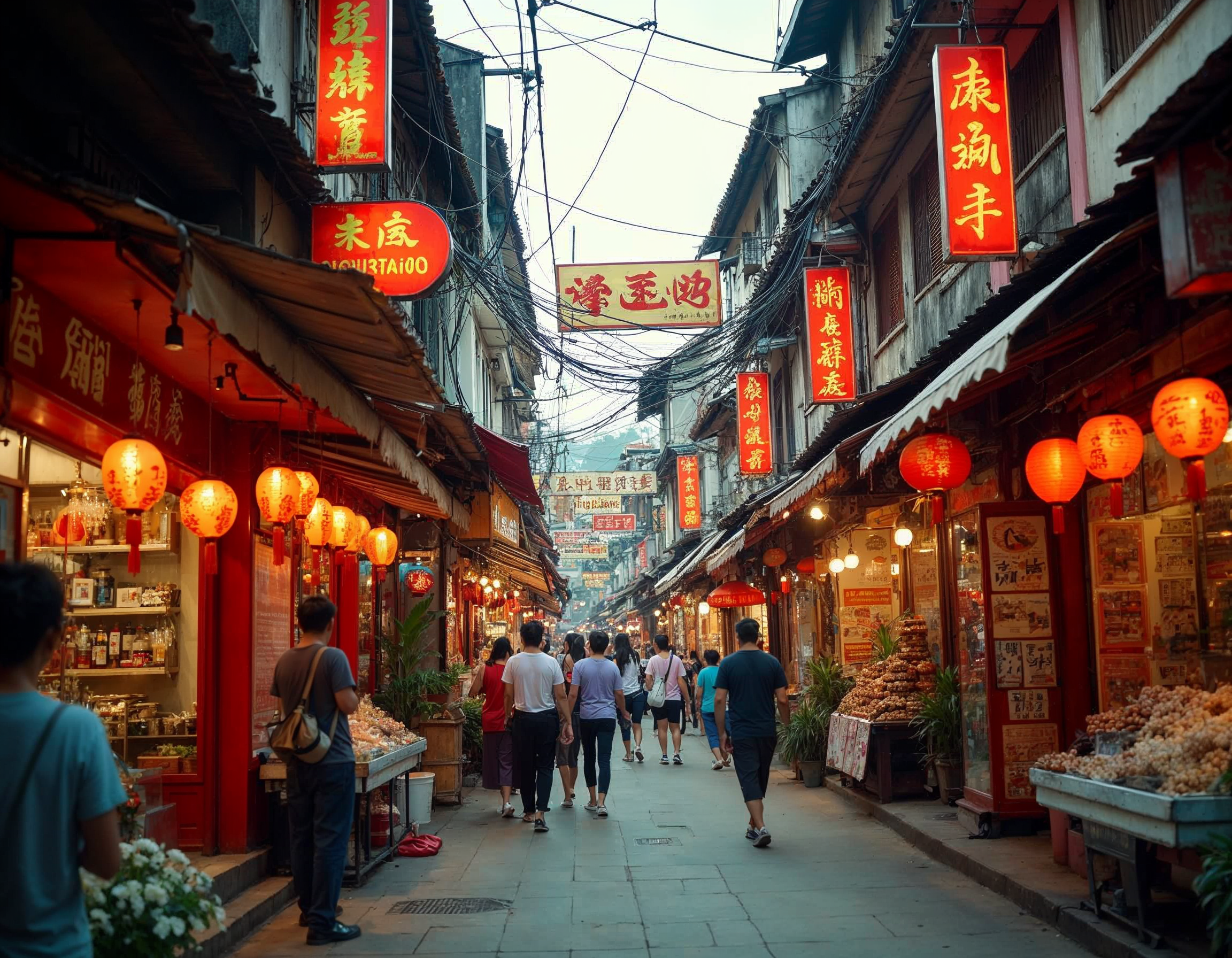
สักกรินทร์ นิยมศิลป์
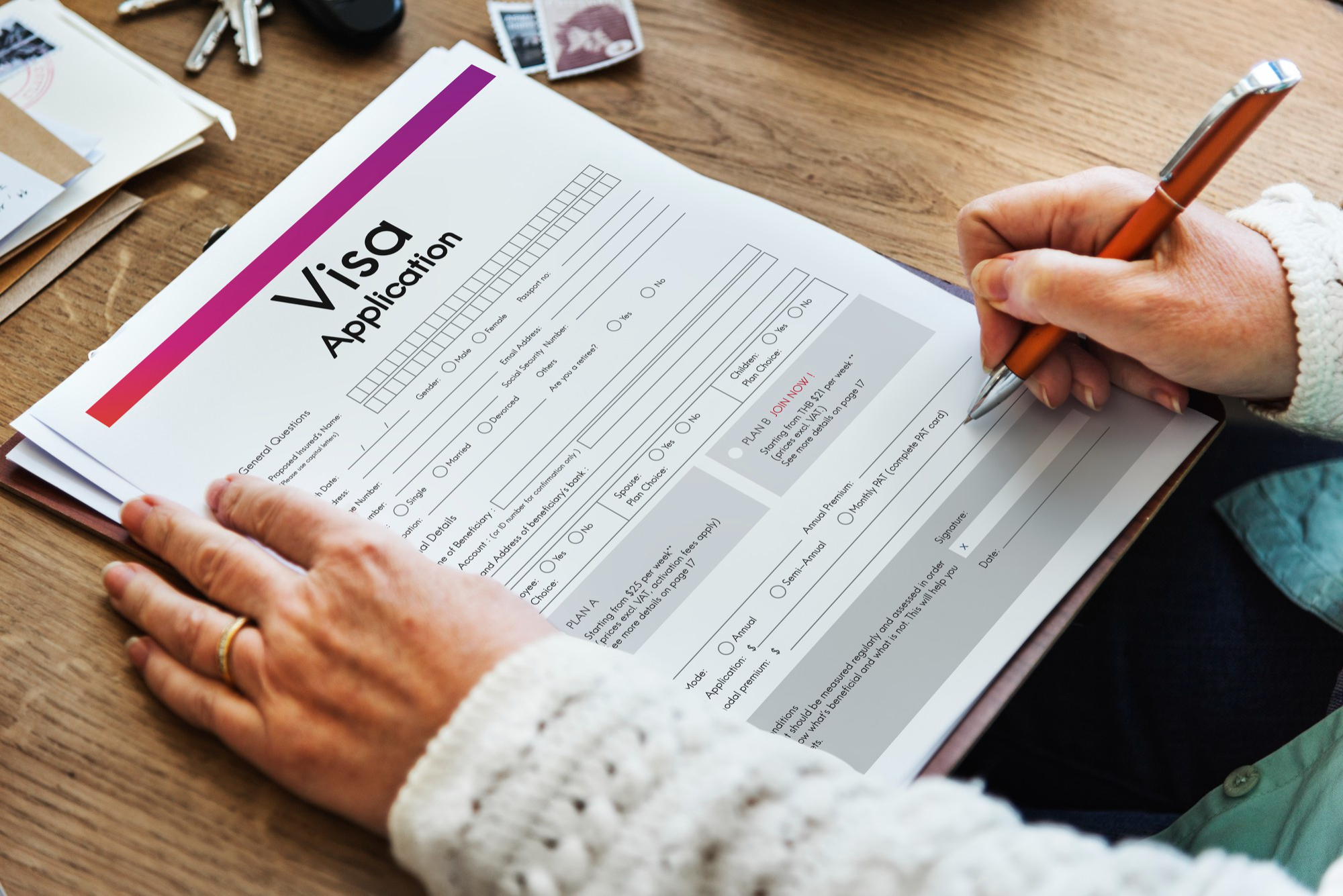
สักกรินทร์ นิยมศิลป์
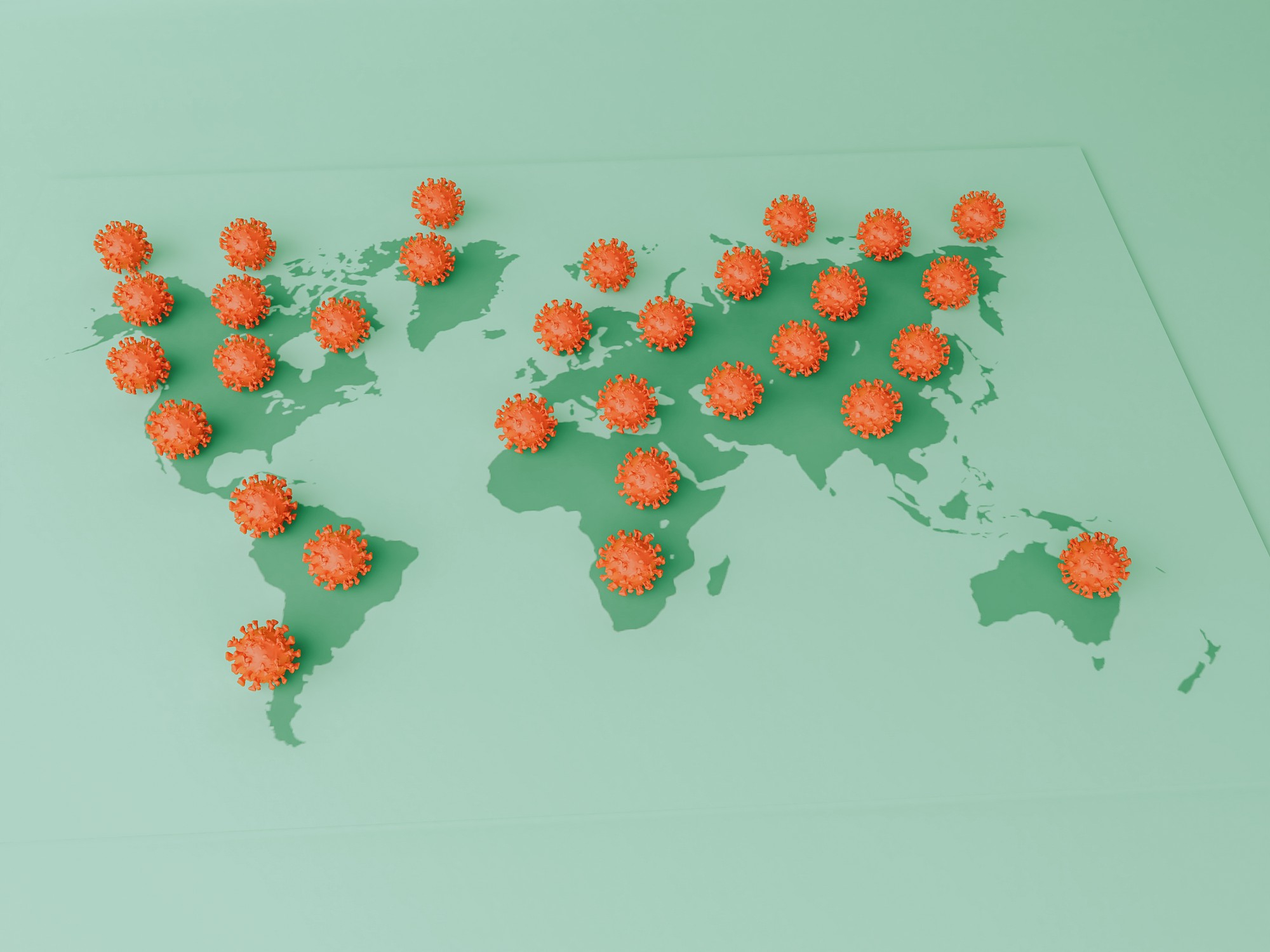
กาญจนา เทียนลาย
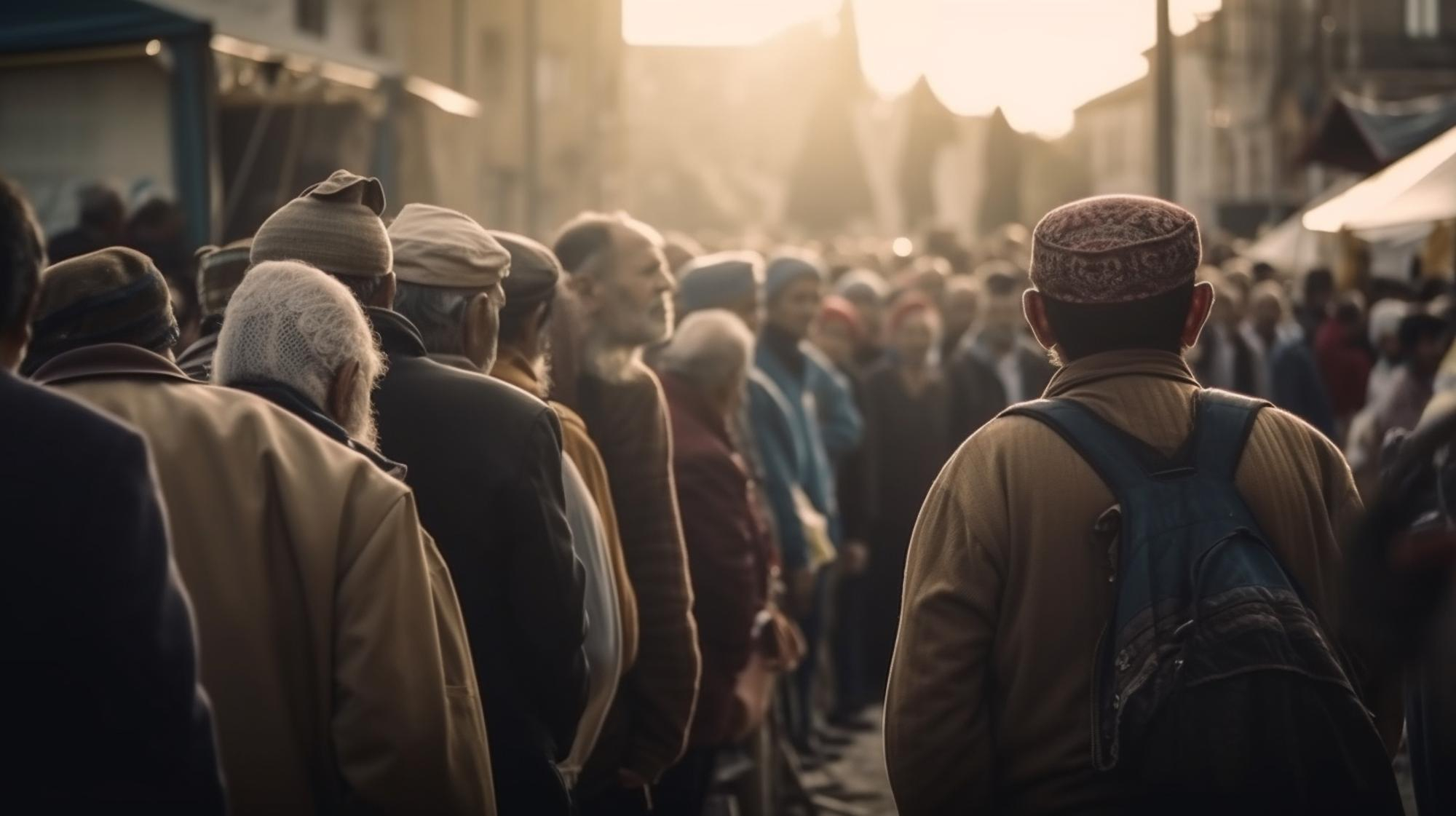
อมรา สุนทรธาดา

ณปภัช สัจนวกุล

จงจิตต์ ฤทธิรงค์